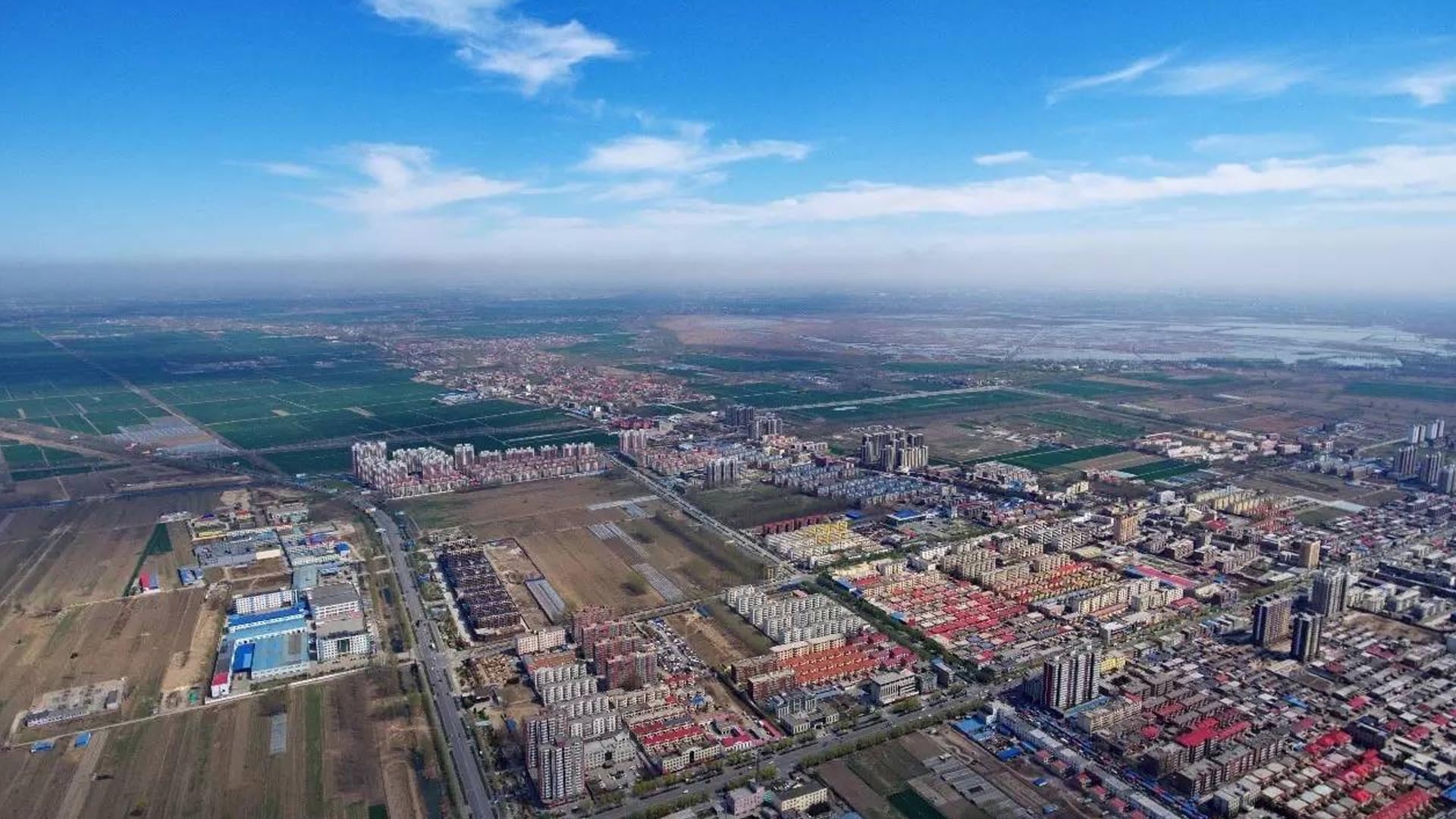
Business
17:35, 30-Mar-2018
Foreign investors looking for opportunity in Xiong’an
By CGTN's Xu Xinchen

This April marks the first anniversary of the establishment of the Xiong’an New Area. And, since last October, the new area has had the authority to manage and register foreign-funded companies.
The Xiong’an New Area is currently a two-hour drive from Beijing, but that is soon to be shortened to just a half-hour on high-speed rail as the construction of a rail link between Beijing and Xiong’an in under way. The new area is measured to about 2,000 square kilometers – three times the size of New York city by land. And the new area has been attracting attention from businesses outside China.
“We, the UK, through Canary Wharf, signed a memorandum earlier this year at the time when the prime minister was here. It’s a huge city and really focuses on modern technology and modern innovation and creative that goes with it.” Said Charles Bowman, the Lord Mayor of the City of London.
The Xiong’an New Area serves as a special economic zone connecting Beijing, Tianjin and Hebei province. And the government aims to move Beijing’s non-capital functions into the new area. During this year’s Two Sessions, China’s National Development and Reform Commission said that projects from around the world that met the requirements of the non-capital functions from Beijing and other high quality developments are welcome.
Professor Zhou Wenhai, a finance professor from the Hebei University of China, which is only about fifty kilometers away from the new area, said he has witnessed growing interest from abroad in the new area.

Professor Zhou Wenhai (L) speaks with CGTN at Hebei University of China in Baoding, Hebei Province. /CGTN Photo
Professor Zhou Wenhai (L) speaks with CGTN at Hebei University of China in Baoding, Hebei Province. /CGTN Photo
“Officials, business leaders and scholars from abroad have been visiting Xiong’an and seeking business opportunities, especially in high-end industries such as artificial intelligence and green finance. Xiong’an can offer them a stable political environment as well as access to an estimated local market of 100 million people in the Beijing-Tianjing-Hebei Triangle region. They can even move beyond that and reach the rest of China and the rest of the world.” Said Professor Zhou.
Zhou also added that the capital and expertise from foreign investors are also needed in Xiong’an to meet its goal of becoming an international smart city of the future.

SITEMAP
Copyright © 2018 CGTN. Beijing ICP prepared NO.16065310-3
Copyright © 2018 CGTN. Beijing ICP prepared NO.16065310-3